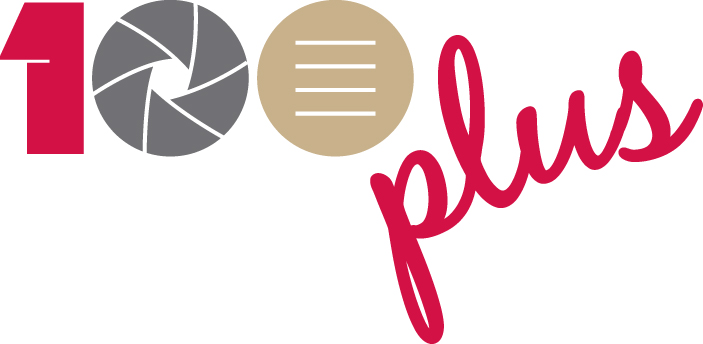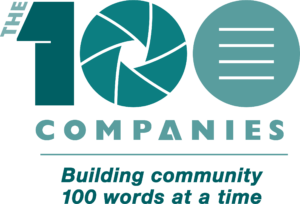The past several weeks have made clear that people want more information about how Facebook works and the controls they have over their information. And today at F8, we’re sharing some of the first steps we’re taking to better protect people’s privacy.
We’re starting with a feature that addresses feedback we’ve heard consistently from people who use Facebook, privacy advocates and regulators: everyone should have more information and control over the data Facebook receives from other websites and apps that use our services.
We recently announced plans to build Clear History. Continue reading …
– Erin Egan, VP and Chief Privacy Officer, Facebook

This feature will enable you to see the websites and apps that send us information when you use them, delete this information from your account, and turn off our ability to store it associated with your account going forward. Apps and websites that use features such as the Like button or Facebook Analytics send us information to make their content and ads better. We also use this information to make your experience on Facebook better, too.
If you clear your history or use the new setting, we’ll remove identifying information so a history of the websites and apps you’ve used won’t be associated with your account. We’ll still provide apps and websites with aggregated analytics – for example, we can build reports when we’re sent this information so we can tell developers if their apps are more popular with men or women in a certain age group. We can do this without storing the information in a way that’s associated with your account, and as always, we don’t tell advertisers who you are.
It will take a few months to build Clear History. We’ll work with privacy advocates, academics, policymakers and regulators to get their input on our approach, including how we plan to remove identifying information and the rare cases where we need information for security purposes. We’ve already started a series of roundtables in cities around the world, and we heard specific demands for controls like these at a session we held at our headquarters two weeks ago. We’re looking forward to doing more.

